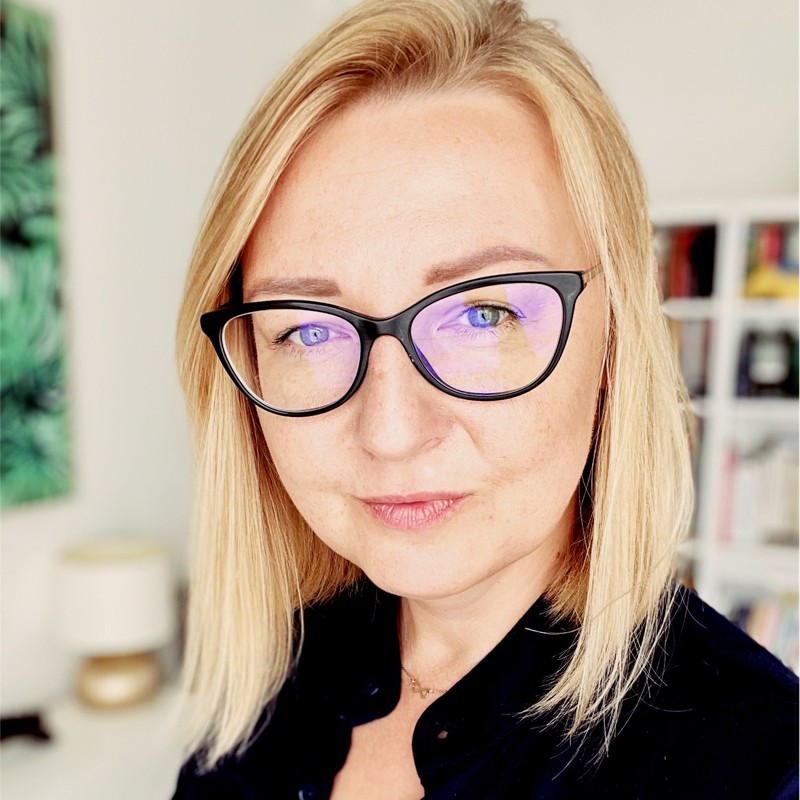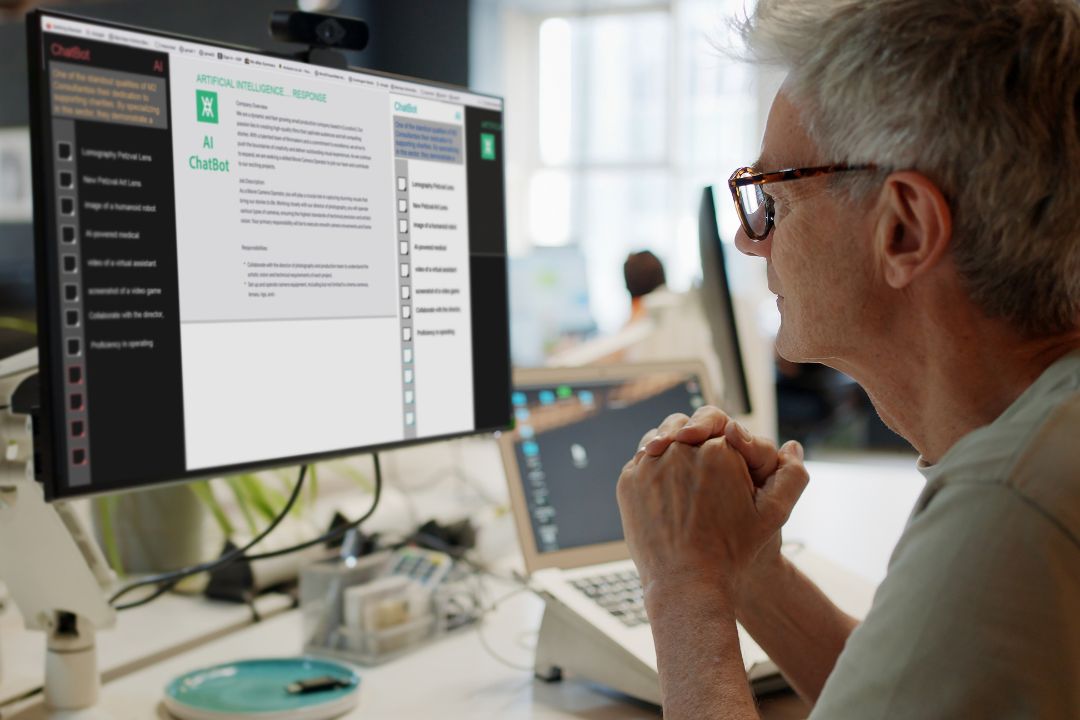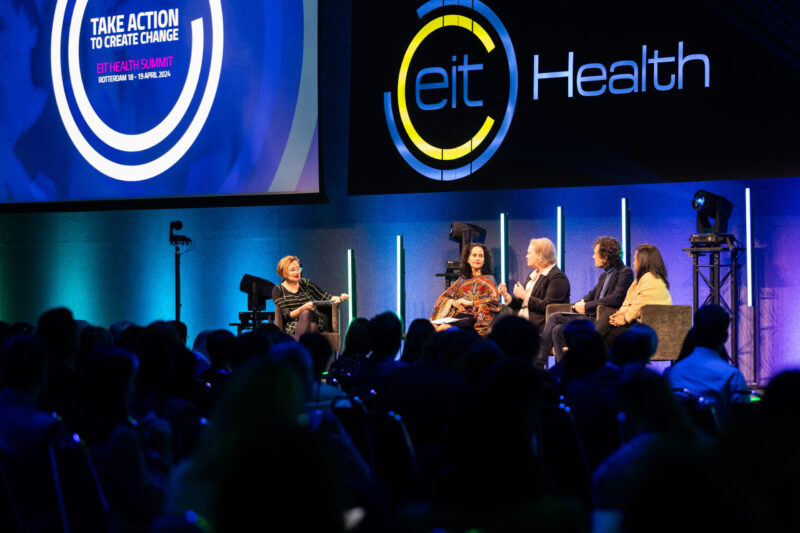30th October 2023
The EIT Health Wild Card Programme has crowned Innocens, an AI-empowered neonatal ICU support system, as this year’s victor. Following closely, runner-up Gate2Brain offers a transformative Central Nervous System (CNS) drug delivery method, promising enhanced efficacy with fewer side effects.
The Belgian start-up Innocens BV aims to create a predictive tool using AI and edge computing to enable early detection of sepsis in newborns. Innocens was founded by neonatologist David Van Laere, who had been searching for ways to better detect the risk of sepsis in premature infants.

“The Wild Card- programme of EIT Health was a unique and intense experience that helped us bring our innovative solution closer to the market. Being crowned as a winner is the recognition of years of collaboration by a dedicated team of healthcare professionals, engineers, and software developers united in their mission to improve the care of vulnerable patients.”
David Van Laere, Neonatal Intensive Care Specialist,
Founder & CEO Innocens BV
Addressing the healthcare gap that had previously seen 3.6% of EU children with unmet medical needs in 2021⁽¹⁾, the Wild Card Programme shines a spotlight on groundbreaking paediatric healthcare innovations. This initiative gains importance against the backdrop of the European Commission’s recent launch on 26 April 2023 to revise the EU’s pharmaceutical legislation, which aims to further integrate scientific and technological advances into the development of medicines tailored for children and rare diseases⁽²⁾.
With the aim to reduce this gap, Wild Card, has partnered with Sant Joan de Deu Hospital (SJD) Barcelona Children’s Hospital and its innovation hub i4KIDS, to accelerate paediatric centric innovations with the potential to make a real impact on children’s lives. The programme, which celebrates its 6th edition, pairs early-stage start-ups with the resources they need to validate their problem-solution for a specific health challenge each year, with this year’s challenge being children’s health.
The programme has focused more specifically on innovations seeking to address challenges in early onset pathologies, chronic conditions and rare diseases, and acute disease management, and has relied upon the insights and advice of key opinion leaders and a group of children and teenagers who act as a Scientific Council in SJD.
For the past six years, the Wild Card programme has been fostering needs-driven innovation through its challenge-based approach. This year, we connected entrepreneurs with Sant Joan de Deu, one of the leading children’s hospitals in Europe. These founders have acquired invaluable skills and access to our extensive network and investors. We believe their innovations will enhance health outcomes for future generations.”
Magda Krakowiak, Director, Accelerator

The Wild Card programme invites talented EU innovators to respond to health challenges through their innovative ideas. By fostering a supportive and collaborative environment, Wild Card encourages participants to think outside the box and challenge conventional thinking. With the guidance and support of experts and investors, teams have the opportunity to take on the challenge and bring innovative products and services to the healthcare industry.
AI health start-ups lead Europe’s push for competitiveness in healthcare innovation

European AI healthcare start-ups remain competitive.
25 years of tracking innovation: Why Europe needs to collaborate or risk falling behind

How to deliver the pace of innovation Europe needs.
Divided, we will fall behind: Why we shouldn’t fear a connection between research and competitiveness

Our CEO's view on the future of healthcare innovation.